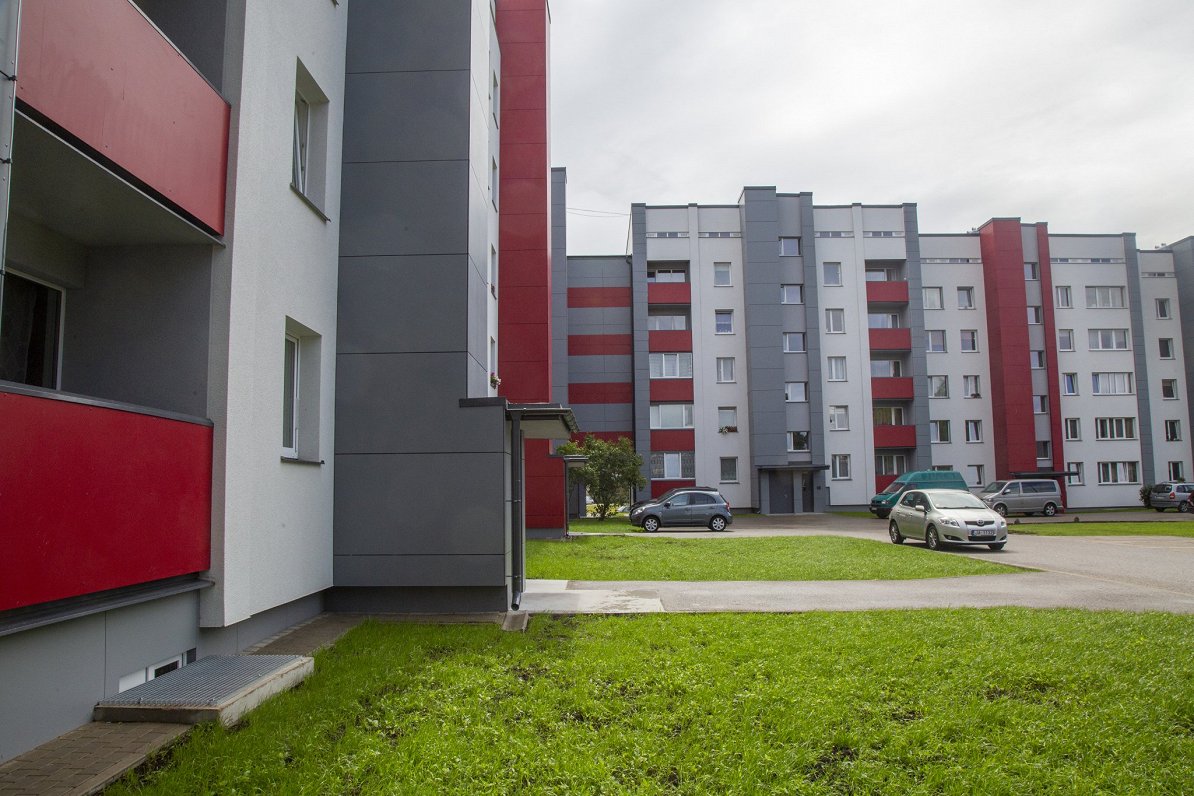The new law provides for simplified procedures for registration of rental agreements in the Land Registry, thus providing publicly available and reliable information on closed transactions that will protect both tenants and the new acquirers of real estate. Registration of the rental agreement in the Land Registry will be free of charge.
Significant changes in the terms of the planned rental contract are planned and new contracts will have to be made for a limited period, which will be specified in the agreement . The law determines the information to be included in the rental agreement, including the amount of rental payment agreed between the two parties when concluding the rental agreement. The rental contract for the residential area will be modified by written agreement between the renter and the tenant.
In future, the rental agreement will no longer be allowed to be signed for an indefinite period of time.
At the end of the term of the rental agreement, the residential space will have to be freed unless a new contract is entered into. Tenants will also be able to terminate the contract by giving prior notice to the renter, while the landlord may do it only in accordance with the procedures specified by law.
To protect the interests of tenants more, the landlord is expected to be able to raise the rent only if the rental agreement contains conditions and arrangements for raising the rent.
The new law also provides for administrative responsibility in the area of renting residential spaces, including the creation of disturbances preventing a tenant, his family members and other housed persons from using rented residential accommodation, as well as where tenants cannot use heating, electricity, cold and hot water, sewers, and municipal waste management services. It is planned that the administrative violation process will be initiated by the local government police, but the case will be examined and the decision will be taken by the administrative commission or sub-commission of the local government.
The new law also stipulates that a landlord may not prevent a tenant from declaring his or her rented residential space as a residence of his or her and other family members.
In the event of a tenant's death, a family member will be able to require the landlord to enter into a rental agreement with them without changing the terms of the previous rental agreement. In such a case, the term of the contract will be fixed for a maximum of 10 years.
The new law will affect tenants of denationalized houses who have not re-entered into the rental agreement or the legal framework for rent has not been established by the court. If the parties cannot agree on the terms of the contract, the rent and the maximum term of the rental contract will be determined by the court for a maximum of 10 years.
The Law shall enter into force on 1 May 2021.




























